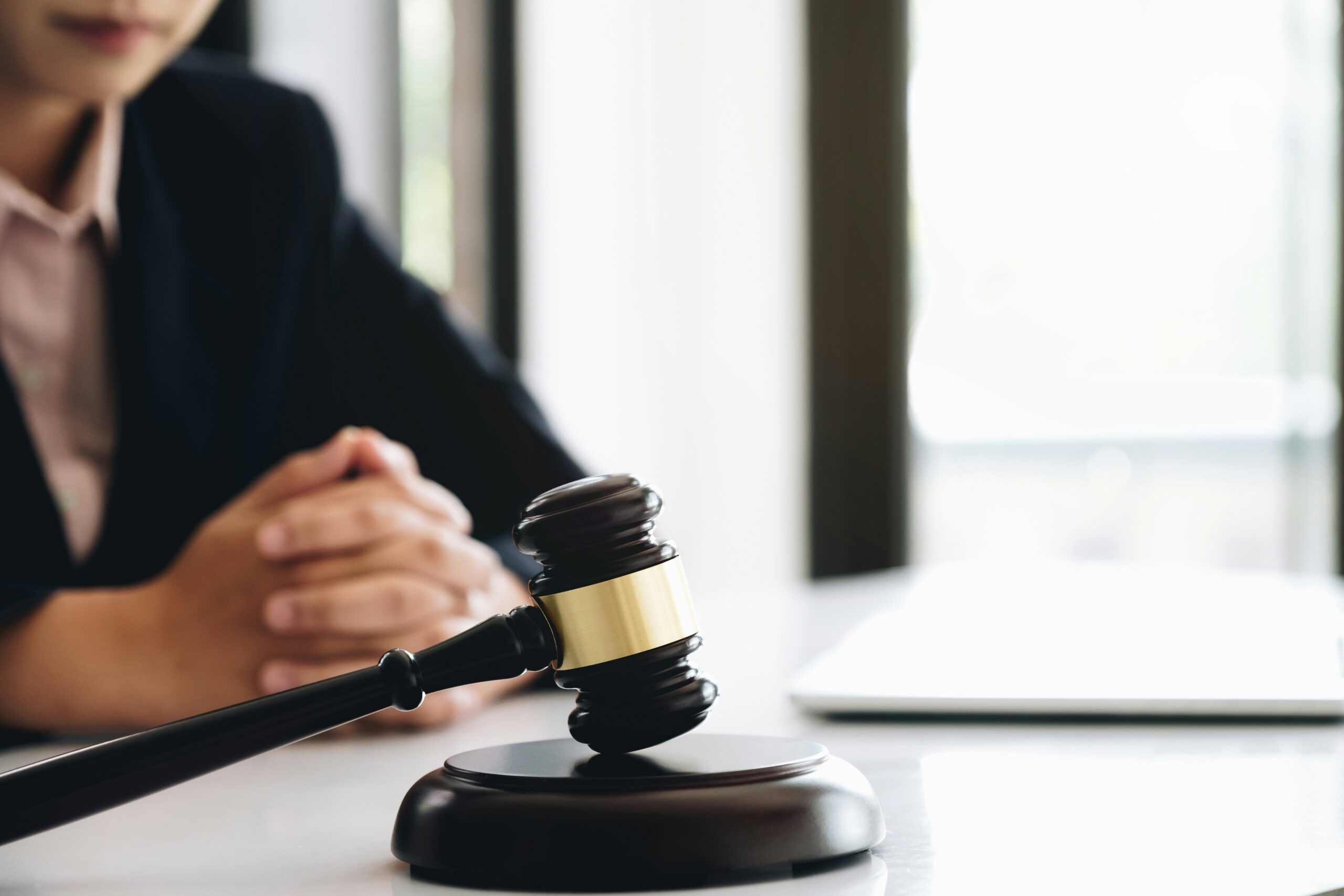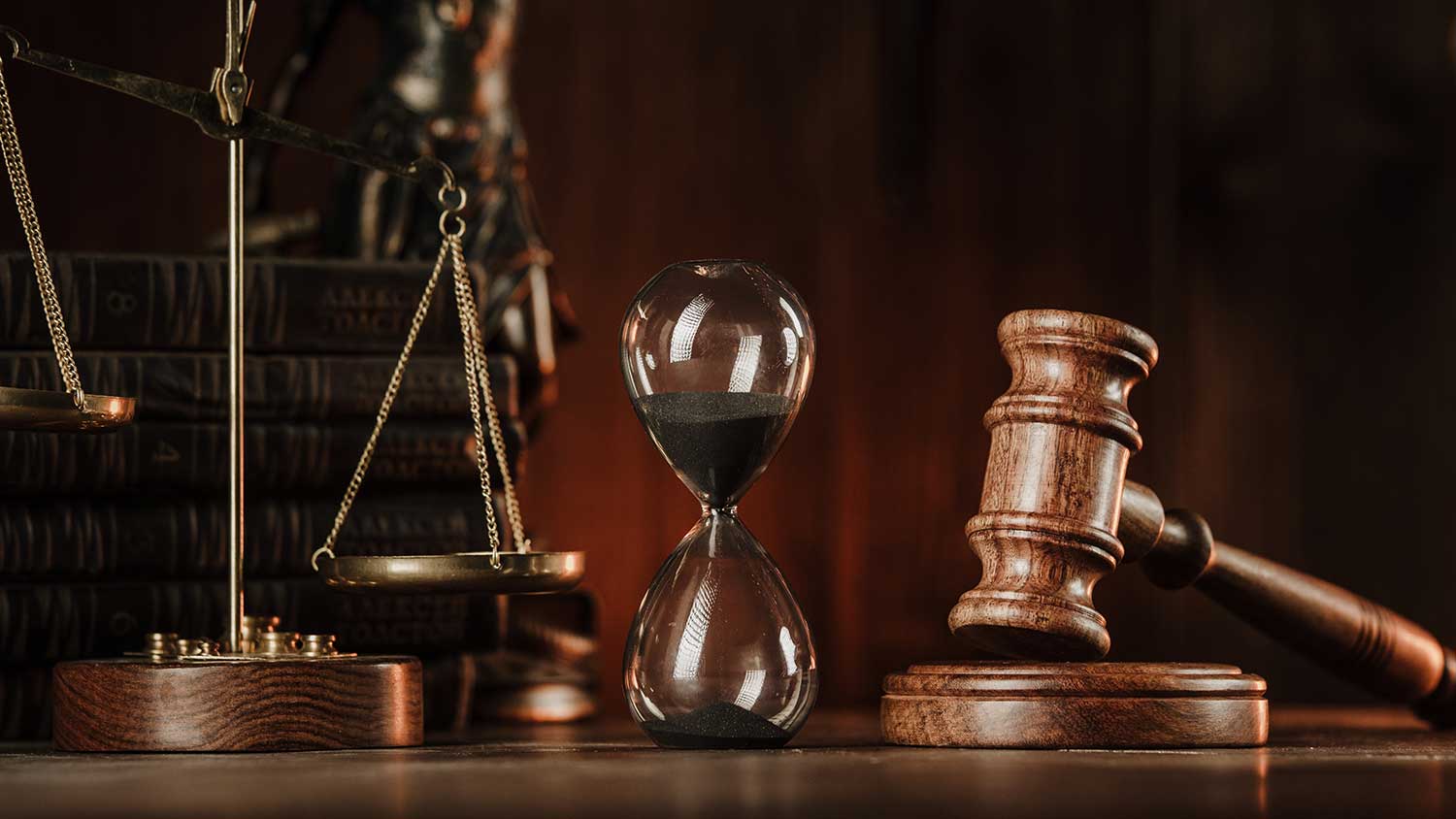Contents
- FEATURE ARTICLE: The Chatbots are Coming!
- NEW AUTHORITY: ABA Formal Opinion 504: Rule 8.5: Choice of Law
- ETHICS & MALPRACTICE RESEARCH TIP: New Articles from The Current Index of Legal Periodicals
- BLAST FROM THE PAST: Excerpt from Prize Essay on the Relations of the Different Professions and Vocations on Longevity (1873)
EDITED BY: Professor Mike Hoeflich
PUBLISHED BY: Joseph, Hollander & Craft LLC
March 31, 2023
>>READ & DOWNLOAD FULL-TEXT PDF OF LEMR Vol. 4, No. 3
FEATURE ARTICLE
The Chatbots are Coming!
Actually, the chatbots are here and ubiquitous, including in law practice. But as these artificial intelligence (AI) programs become a part of everyday life, they raise a host of ethical questions that need to be addressed.
According to computer technology corporation Oracle:
At the most basic level, a chatbot is a computer program that simulates and processes human conversation (either written or spoken), allowing humans to interact with digital devices as if they were communicating with a real person. Chatbots can be as simple as rudimentary programs that answer a simple query with a single-line response, or as sophisticated as digital assistants that learn and evolve to deliver increasing levels of personalization as they gather and process information.
. . .
Driven by AI, automated rules, natural-language processing (NLP), and machine learning (ML), chatbots process data to deliver responses to requests of all kinds.
There are two main types of chatbots.
- Task-oriented (declarative) chatbots are single-purpose programs that focus on performing one function. Using rules, NLP, and very little ML, they generate automated but conversational responses to user inquiries. Interactions with these chatbots are highly specific and structured and are most applicable to support and service functions—think robust, interactive FAQs. Task-oriented chatbots can handle common questions, such as queries about hours of business or simple transactions that don’t involve a variety of variables. Though they do use NLP so end users can experience them in a conversational way, their capabilities are fairly basic. These are currently the most commonly used chatbots.
- Data-driven and predictive (conversational) chatbots are often referred to as virtual assistants or digital assistants, and they are much more sophisticated, interactive, and personalized than task-oriented chatbots. These chatbots are contextually aware and leverage natural-language understanding (NLU), NLP, and ML to learn as they go. They apply predictive intelligence and analytics to enable personalization based on user profiles and past user behavior. Digital assistants can learn a user’s preferences over time, provide recommendations, and even anticipate needs. In addition to monitoring data and intent, they can initiate conversations. Apple’s Siri and Amazon’s Alexa are examples of consumer-oriented, data-driven, predictive chatbots.
Advanced digital assistants are also able to connect several single-purpose chatbots under one umbrella, pull disparate information from each of them, and then combine this information to perform a task while still maintaining context—so the chatbot doesn’t become “confused.”
Most recently, ChatGPT and ChatGPT4 by the tech company OpenAI have come to the forefront. PC Magazine’s online encyclopedia offers the following description:
(CHAT Generative Pretrained Transformer) An AI-powered chatbot from the OpenAI research company that simulates a human speaking English and other languages. ChatGPT will generate a response when asked open-ended questions about any topic. It is also used for writing program code, composing music, answering test questions, and generating short essays and articles. See OpenAI.
Introduced in late 2022, within a couple days more than a million people were using it. A few weeks later, the website was so popular that users had to keep reloading the site to gain access.
ChatGPT was derived from OpenAI’s GPT-3 natural language system. The successor to InstructGPT, ChatGPT has also been used by cybercriminals to build hacking tools and strains of malware.
Known as a “large language model” (LLM), ChatGPT gained its knowledge base from hundreds of millions of websites, blogs and social media posts. However, what sets ChatGPT apart is that throughout its training process, developers were very involved in adjusting results to make them more accurate. Although said to be a milestone in AI because it generates amazing results, ChatGPT has also been accused of delivering “coherent nonsense.”
There is an incredible number of possible uses for chatbots in law practice—especially for the newest versions like ChatGPT. A chatbot can be used to interface with the public online or on a telephone. A chatbot can do sophisticated legal research. A chatbot can even produce legal documents. Since these new programs have all the information available on the internet to use, their capabilities are astonishing. However, they also can be quite problematic for lawyers from the ethical standpoint.
New Authority
ABA Formal Opinion 504: Rule 8.5: Choice of Law
The American Bar Association Standing Committee on Ethics and Professional Responsibility issued Formal Opinion 504 on March 1, 2023. It addresses what has been a thorny problem for lawyers licensed in or working in more than one jurisdiction: how to interpret the choice of law provisions in the Rules of Professional Conduct.[1]
Formal Opinion 504 focuses on Model Rule of Professional Conduct 8.5, which states:
(a) Disciplinary Authority. A lawyer admitted to practice in this jurisdiction is subject to the disciplinary authority of this jurisdiction, regardless of where the lawyer’s conduct occurs. A lawyer not admitted in this jurisdiction is also subject to the disciplinary authority of this jurisdiction if the lawyer provides or offers to provide any legal services in this jurisdiction. A lawyer may be subject to the disciplinary authority of both this jurisdiction and another jurisdiction for the same conduct.
(b) Choice of Law. In any exercise of the disciplinary authority of this jurisdiction, the rules of professional conduct to be applied shall be as follows:
(1) for conduct in connection with a matter pending before a tribunal, the rules of the jurisdiction in which the tribunal sits, unless the rules of the tribunal provide otherwise; and
(2) for any other conduct, the rules of the jurisdiction in which the lawyer’s conduct occurred, or, if the predominant effect of the conduct is in a different jurisdiction, the rules of that jurisdiction shall be applied to the conduct. A lawyer shall not be subject to discipline if the lawyer’s conduct conforms to the rules of a jurisdiction in which the lawyer reasonably believes the predominant effect of the lawyer’s conduct will occur.
Missouri Rule of Professional Conduct 4-8.5 is identical to the Model Rule. But Kansas Rule of Professional Conduct 8.5 is not. The Kansas rule focuses on establishing disciplinary authority over all attorneys admitted to practice in Kansas:
ETHICS & MALPRACTICE RESEARCH TIP
New Articles from The Current Index of Legal Periodicals
Natalie C. Fortner, “Mental Health, Law School, and Bar Admissions: Eliminating Stigma and Fostering a Healthier Profession,” 75 Ark. L. Rev. 689 (2022).
Mental Health problems have been on the rise in law schools, particularly during the pandemic. This is a serious problem for the profession.
Peter C. Angelica, “Limited Scope Representation When an Appearance is Made and the Ethics of Lawyering,” 49 Fordham Urb. L.J. 1203 (2022).
Limited scope representation is a subject that must be of interest to every lawyer. This is an interesting note.
BLAST FROM THE PAST
Excerpt from Prize Essay on the Relations of the Different Professions and Vocations on Longevity (1873)
Rule 1.1 on competence requires that lawyers be aware of their physical and mental health in order to ensure that they are able to provide clients with competent representation. Lawyers must take care of themselves and how much stress they put themselves under, as these factors can affect health and longevity. In the nineteenth century, the longevity of lawyers was of concern not only to the legal profession, but, also, to insurance companies who provided them with life insurance. Thus, studies were performed to determine just how hard the profession the law was on lawyers’ health. The following is an excerpt from one such study:
LAWYERS. — There would seem to be nothing inconsistent with longevity in the legal profession, and yet an idea prevails with many that lawyers are short-lived. Blackstone has drawn an unflattering picture of the pursuit in which he achieved such eminence.
It is undoubtedly an arduous vocation, requiring much study and unremitted attention, which may break down the infirm or diseased; but the average expectation of life does not differ much from that of physicians.
Mr. Whisham has computed the following averages based upon the obituaries among the members of the English bar for a period of twenty years:
- 26 years and upwards . . . . 62.11
- 31 ” ” . . . . . 64.09
- 41 ” ” . . . . . 67.35
- 51 ” ” . . . . . 70.89
With the “Faculty of Advocates,” of Edinburgh, the longevity is greater than that of any profession. In Massachusetts, however, the averages of lawyers and physicians differ but little.
J.W. Maclay, Prize Essay on the Relations of the Different Professions and Vocations on Longevity, 34-35 (New York: Francis Hart & Co. 1873).
>>READ & DOWNLOAD FULL-TEXT PDF OF LEMR Vol. 4, No. 3
About Joseph, Hollander & Craft LLC
Joseph, Hollander & Craft is a mid-size law firm representing criminal defense, civil defense, personal injury, and family law clients throughout Kansas and Missouri. From our offices in Kansas City, Lawrence, Overland Park, Topeka and Wichita, our team of 25 attorneys covers a lot of ground, both geographically and professionally.
We defend against life-changing criminal prosecutions. We protect children and property in divorce cases. We pursue relief for clients who have suffered catastrophic injuries or the death of a loved one due to the negligence of others. We fight allegations of professional misconduct against medical and legal practitioners, accountants, real estate agents, and others.
When your business, freedom, property, or career is at stake, you want the attorney standing beside you to be skilled, prepared, and relentless — Ready for Anything, come what may. At JHC, we pride ourselves on offering outstanding legal counsel and representation with the personal attention and professionalism our clients deserve. Learn more about our attorneys and their areas of practice, and locate a JHC office near you.











